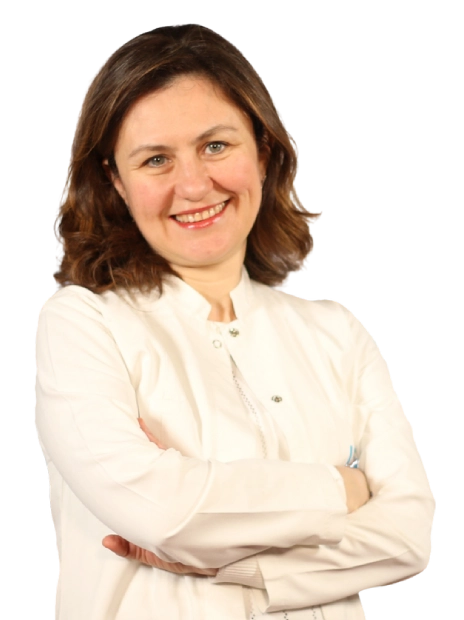Recommendations for Fatigue During Cancer Treatment
Fatigue of cancer treatment may last long
Fatigue can be seen as a result of anemia, endocrine changes (changed operation of glands), and respiratory distress that are induced by cancer, and can also be seen in advanced cancer patients receiving cancer treatment. Cancer treatment-related fatigue is seen in 14-96 percent of patients receiving cancer treatment and 19-82 percent in post-treatment patients. Just like pain, fatigue is also associated with personal perception. Patients can describe “fatigue” as exhaustion, laziness, pain, lack of energy, consumed, weary. Fatigue related to cancer treatment is different than the fatigue experienced by healthy individuals during their daily life. Healthy fatigue is a sudden fatigue that resolves with sleep and rest. However, cancer treatment-related fatigue is classified as chronic fatigue as it lasts long, not completely resolves with sleep and rest, and it adversely affects body functions. All functions are negatively affected by fatigue: mood, physical functions, work performance, social relations, family care, cognitive performance, school study etc. The form of cancer treatment-related fatigue varies based on treatment schedule and type. For example, patients who receive frequent (two or three times a week regularly) experience peak fatigue in the days following the treatment, and they feel less fatigue until the next treatment. But fatigue increases with the treatment in radiotherapy.Recommendations of cancer treatment related fatigue
- Rest but not too much: Plan our day and take short breaks (30 minutes or less). Have 7-8 hours of night sleep. Consult your doctor if you have any problems with sleeping.
- Be as active as you can: Regularly exercise at a moderate intensity, and walk. Especially walking has been proved to be the best way to beat fatigue.
- Plan your daily tasks: Keep a journal where you record how you feel each day. Your doctor or nurse will ask you to evaluate your fatigue with a 0-10 scale and ask the type and what makes this pain good or bod. Keeping records about these questions will make it easier to answer.
- Reserve your energy: Determine your priorities and plan accordingly. Spread your activities throughout the day and take breaks. Do not engage in activities that require you to stand for long periods of time. Hot showers and baths consume your energy when they last long.
- Ask for help: Ask for help from your family members and friends. Domestic work, preparing food, running errands... Do not force yourself to do more than you could.
- Get support: Join a support group. Sharing your feelings with others may decrease the burden of fatigue. You can consult your doctor or nurses or related institutes and persons to reach a support group.
- Have good nutrition: Drink plenty of water and fruit juice. Eat as good and healthy foods as you can cook. Try to eat at least 2.5 bowls of fruit and vegetables every day. Intake sufficient protein and calorie for your health.
- Call your doctor: Call your doctor if you feel too weak to get out of the bed, feel disoriented, lose your balance or fall, feel dizzy, experience problems with waking up or if your fatigue gets worse.
- It will take time for you to feel like your old self, however, if you can achieve to stay active, you can restore your energy quicker.
* Liv Hospital Editorial Board has contributed to the publication of this content .
* Contents of this page is for informational purposes only. Please consult your doctor for diagnosis and treatment. The content of this page does not include information on medicinal health care at Liv Hospital .
* Contents of this page is for informational purposes only. Please consult your doctor for diagnosis and treatment. The content of this page does not include information on medicinal health care at Liv Hospital .
Ask Our Experts
All Hospitals

Version History
Current Version
02 January 2024 13:37:28
Liv Editorial Board
Copied URL!
